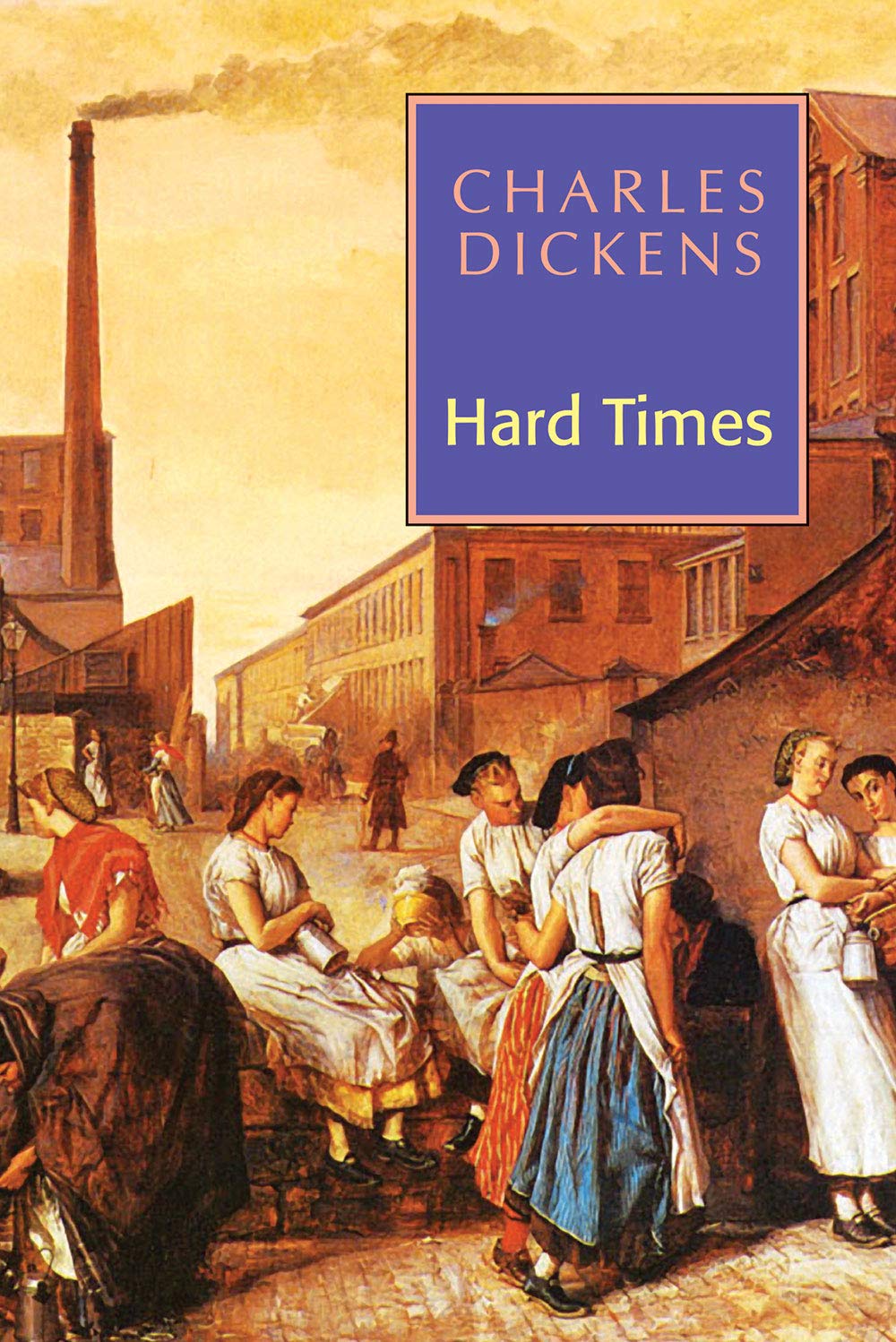
The Chimes
Book Description
A haunting melody echoes through the streets, beckoning the unsuspecting to confront their destinies. As the clock strikes midnight, old grievances awaken and the sinister chimes reveal a world where intentions twist and hearts are laid bare. Amidst unrelenting shadows and chilling revelations, one man's soul hangs in the balance. With the weight of the world upon him, will he succumb to despair or rise to reclaim his fractured spirit? Each toll of the chimes resonates with urgency as time slips away—can the forgotten find redemption before the final note fades?
Quick Book Summary
"The Chimes" by Charles Dickens is a dark, evocative novella exploring themes of poverty, redemption, and social justice. The story centers on Toby "Trotty" Veck, an elderly messenger beleaguered by hardship and despair, who wonders if the poor like himself are inherently wicked. On New Year's Eve, Trotty finds himself drawn into a supernatural experience orchestrated by the mysterious chimes of a church bell tower. Guided by spirits, Trotty is shown visions of his family's future and the potentially tragic consequences of lost hope. Through these revelations, Dickens underscores the danger of societal condemnation and the importance of compassion and renewal. Ultimately, Trotty emerges from his night of haunting visions transformed and determined to embrace faith in the possibility of change, echoing the novella’s plea for empathy toward the downtrodden.
Summary of Key Ideas
Table of Contents
The Consequences of Despair and Poverty
Toby "Trotty" Veck is an elderly messenger living in London, burdened by poverty and consumed with anxiety about the fate of the poor. His work brings him into daily contact with news articles and influential people who assert that the poor are irredeemably sinful and society’s woes are their own fault. These societal judgments deeply trouble Trotty, especially as he fears for the wellbeing of his beloved daughter, Meg, and doubts whether their modest hopes are justified in a world that looks down upon them.
Social Judgment and Compassion
On New Year’s Eve, Trotty is sent to deliver a message and finds himself at the local church at midnight. There, he is unnerved by the solemn, otherworldly chimes of the bell tower. The chimes become a supernatural force, transporting Trotty into a dreamlike state where he is visited by the spirits of the bells and their goblin attendants. These beings challenge Trotty’s despair, taking him on a spiritual journey to confront the consequences of hopelessness and the harsh judgment of the poor.
The Transformative Power of Supernatural Intervention
Through the spirits’ visions, Trotty witnesses haunting depictions of his daughter Meg’s future and the lives of those around him if they are abandoned to despair. He sees how crushed hopes and relentless guilt, reinforced by societal prejudice, can lead to tragedy—illustrated by the bleak paths Meg and the humble Will Fern might take. The story makes clear that the cycle of suffering is perpetuated by a lack of empathy and a failure to recognize the inherent dignity and potential for goodness in all people.
Hope, Redemption, and Renewal
As the tolls of the chimes echo, Trotty’s journey imparts a powerful lesson: despair is not the natural state of the poor, but often the result of neglect, judgment, and lack of compassion from society. The supernatural intervention serves not only to frighten but to awaken hope—a sense that hearts can change, and destinies can be reclaimed through kindness. Trotty learns that it is never wrong to hope and care, and that even in the darkest circumstances, redemption is possible.
The Importance of Human Dignity
As Trotty wakes from his visions, he is ultimately transformed. He embraces a renewed faith in himself, his loved ones, and humanity at large. Trotty’s revival reflects Dickens’s appeal to Victorian society—to treat the marginalized not with suspicion, but with understanding and charity. "The Chimes" thus emerges as both a supernatural tale and a passionate cry for social reform, urging all to believe in change and extend dignity to those most in need.
Download This Summary
Get a free PDF of this summary instantly — no email required.





